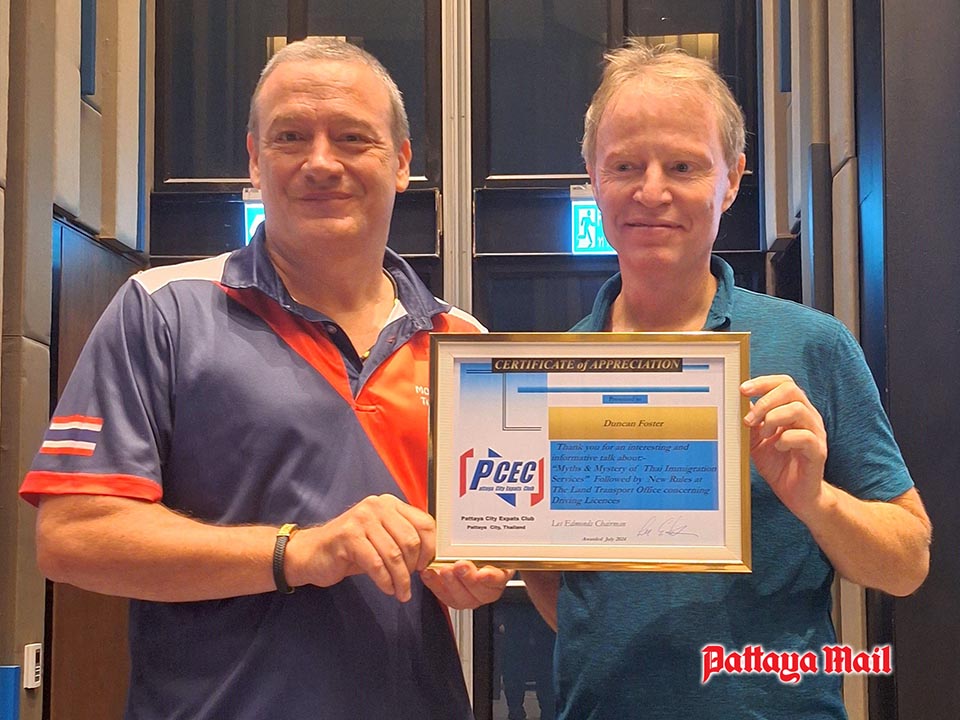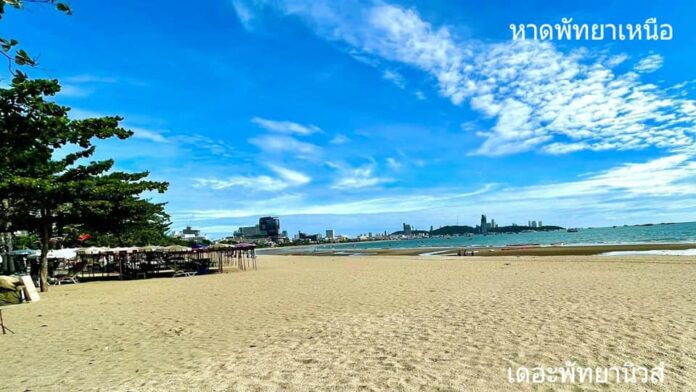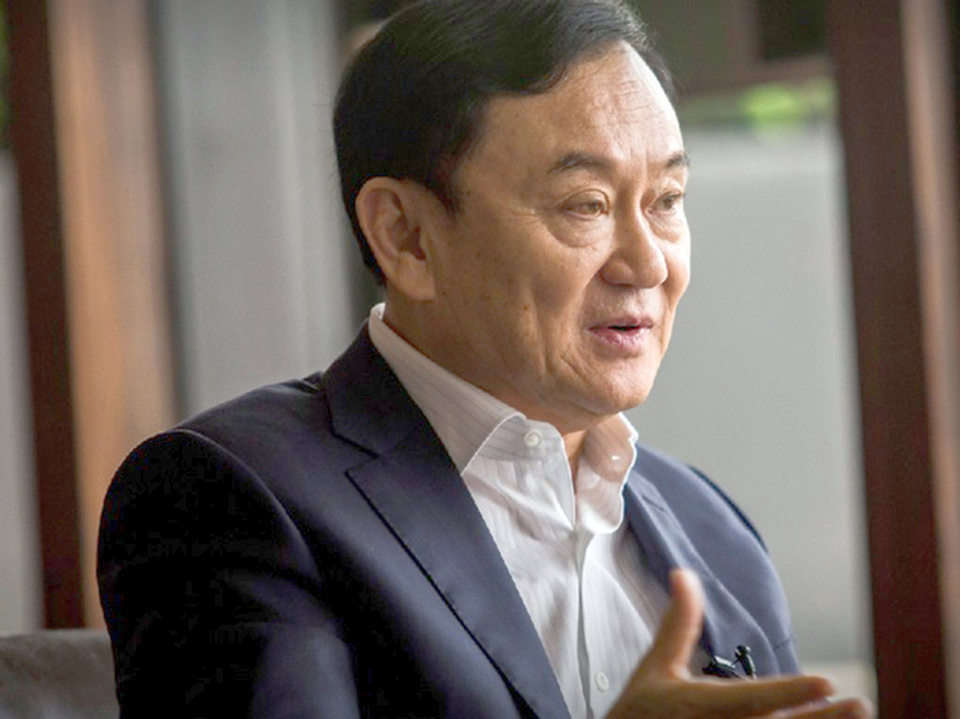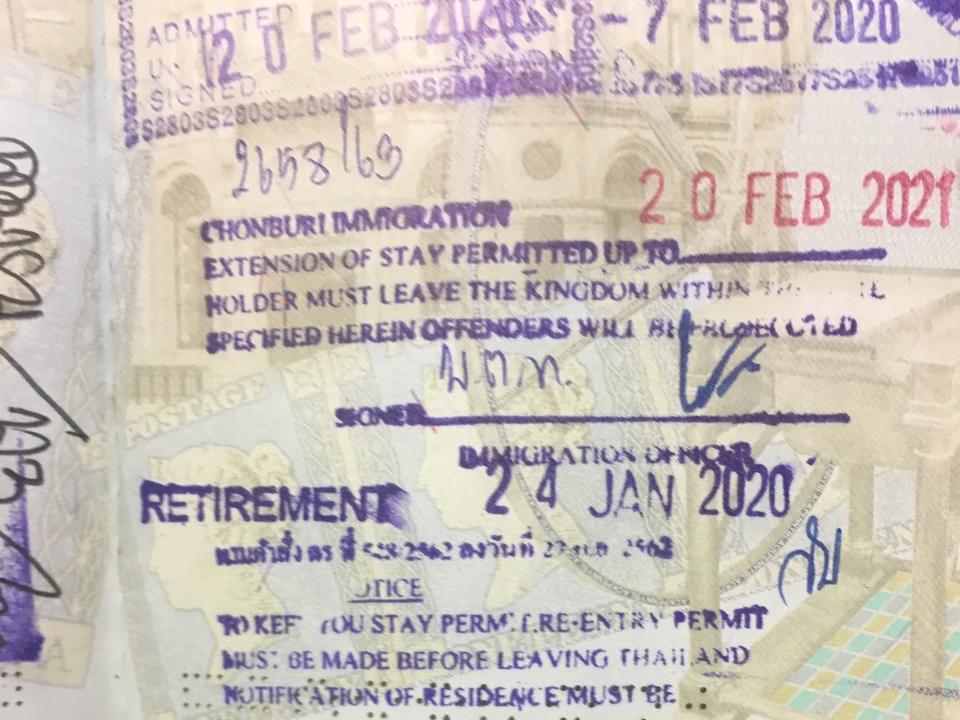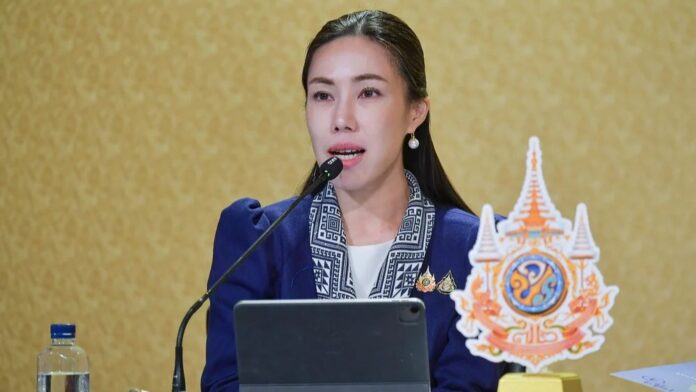
Picture courtesy: Facebook/Phi Phi World
Thailand's Prime Minister, Srettha Thavisin, has proposed a unified visa system, similar to Europe's Schengen Area, to boost tourism in Southeast Asia. Despite the economic benefits of increased tourist numbers, concerns about feasibility, overtourism and potential inflationary pressure persist. The success of the visa proposal will hinge on the adoption of sustainable tourism practices and effective regional cooperation.
Thai Prime Minister Srettha Thavisin has recently proposed a novel approach to reinvigorate tourism in Southeast Asia — a Schengen-style visa scheme. Modelled after Europe's Schengen Area, this unified visa system would allow travel to Thailand, Cambodia, Malaysia, Myanmar, Vietnam and Laos.
This initiative is a key component of Thailand's efforts to boost tourism, aiming to attract 80 million tourists annually by 2027.
The Schengen-style visa proposal has potential to significantly enhance Thailand's economy. Tourism is a vital sector for Thailand, contributing approximately 12 per cent to the country's GDP annual and providing around 20 per cent of its jobs. The COVID-19 pandemic severely impacted this sector and its recovery has been slow, which has left Thailand unable to buffer a concurrent decline in manufacturing and exports.
In this proposed visa scheme, tourists must first pass through Thailand as a central hub, enhancing Thailand's appeal as a travel destination. It promises to attract more tourists, especially high-spending visitors who stay for extended periods.
Increased tourist arrivals are expected to boost tourist spending, benefiting sectors such as hospitality, retail and transportation. A surge in tourism could also create further job opportunities and stimulate economic growth in regions heavily reliant on tourism.
Thailand's well-developed tourism infrastructure positions it to benefit greatly from the consequential influx of tourists. Its burgeoning wellness industry, including traditional Thai massages, spa treatments and holistic healing practices, are particularly appealing to tourists seeking relaxation and rejuvenation.
The visa initiative could enhance accessibility for tourists interested in wellness experiences and help Thailand capitalise on the thriving global wellness tourism industry.
This Schengen-style proposal could also diversify Thailand's tourism markets. Thailand is traditionally dependent on tourists from the Southeast and East Asia regions, such as Malaysia, China, Russia, South Korea, India and Singapore.
But Thailand now seeks to attract tourists from markets farther afield like Europe, the Americas and Africa. This strategy could enhance the Thai tourism sector's resilience against global economic fluctuations.
Despite the initiative's potential economic benefits, there are widespread concerns about its feasibility, the risks associated with overtourism and inflation.
Southeast Asia's political landscape is remarkably diverse and intricate. Achieving consensus among the member states of ASEAN on visa policies is no small feat. Each country maintains its own immigration laws, security concerns and economic interests. Harmonising these disparate elements into a cohesive visa policy requires extensive negotiation and compromise.
Efforts to create a unified visa system in Southeast Asia are not new. In the 2000s, a joint visa proposal under Ayeyawady–Chao Phraya–Mekong Economic Cooperation Strategy — an organisation of Thailand, Laos, Vietnam, Cambodia and Myanmar — only saw Cambodia coordinating with Thailand, reported East Asia Forum.
In 2019, an 'ASEAN Visa' plan also failed to materialise. Other attempts at regional integration, such as the ASEAN Economic Community, have shown that while progress is possible, it is often slow and fraught with challenges.
Infrastructure and technological readiness vary significantly across Southeast Asian countries. Implementing a unified visa system necessitates significant investments in border control infrastructure, data sharing mechanisms and security protocols. Countries with less-developed infrastructure may struggle to meet these requirements, potentially delaying the implementation of the scheme.
Additionally, this initiative raises broader questions about regional integration and mobility. One important consideration is whether this visa scheme could pave the way for ASEAN citizens to freely work, study or reside across national boundaries, including in Thailand. This potential development carries significant implications for logistics, infrastructure and immigration policies within the Southeast Asian region.
While this Schengen-style visa scheme will undoubtedly enhance travel convenience for international tourists, it stirs apprehension regarding overtourism. Thailand has already experienced the negative impacts of overtourism in popular destinations such as Pattaya, Bangkok, Phuket and Chiang Mai.
Implementing such a visa scheme without addressing existing overtourism challenges might exacerbate these issues, potentially leading to environmental degradation, strained infrastructure and diminished quality of life for permanent residents.
Overtourism may also dilute the tourist experience, making popular sites overcrowded, more expensive and less enjoyable. This could ultimately harm Thailand's reputation as a travel destination and reduce the long-term sustainability of its tourism sector.
Another potentially detrimental consequence is the inflationary pressure emanating from a unsustainable influx of wealthy visitors. This would drive up demand for food, daily necessities and housing, which in turn raises prices and increases living costs for residents.
To mitigate these risks, Thailand needs to adopt sustainable tourism practices. This includes implementing measures to manage tourist flows, promoting lesser-known destinations and investing in infrastructure that can accommodate increased tourist numbers without compromising the environment or local communities. Regional cooperation is also crucial to ensure the benefits and burdens of increased tourism are equitably distributed among participating countries.
Srettha's proposal for a Schengen-style visa scheme in Southeast Asia is an ambitious and innovative idea with the potential to boost tourism and economic growth in the region. But its successful implementation requires overcoming substantial political, logistical and infrastructural challenges. While Thailand stands to gain economically, there is also a significant risk of exacerbating the overtourism crisis.
To maximise the potential benefits and minimise the risks, a balanced approach is necessary. Addressing these challenges could make this Schengen-style visa scheme a transformative initiative for Southeast Asian tourism, benefiting both Thailand and the broader region.

-- 2024-08-09













